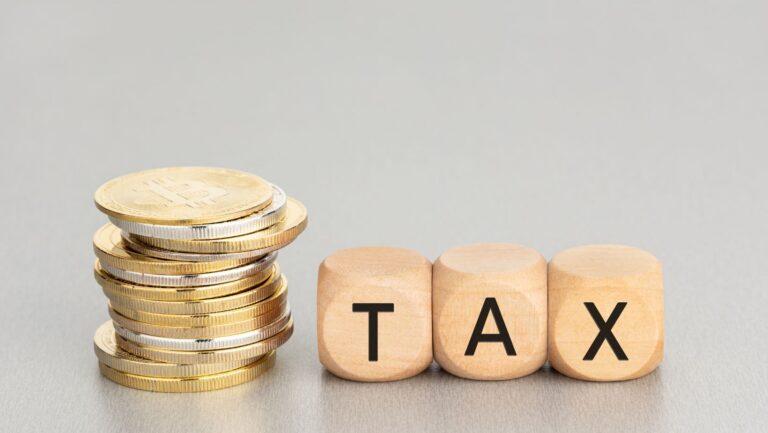Navigating the complex world of cryptocurrencies can be a daunting task, especially when tax season rolls around. As digital currencies like Bitcoin and Ethereum become more prevalent, it’s crucial to understand the tax implications that come with them.
In this ever-evolving landscape, staying compliant isn’t just about being a savvy investor—it’s about being a savvy taxpayer too. From understanding how your crypto transactions are taxed to knowing what records to keep, there’s a lot to get your head around.
Why Do Crypto Taxes Matter?
Cryptocurrency taxation is a central concern for individuals engaged in digital financial transactions. The relevance of crypto taxes stems from several key reasons:
- Legal Compliance: Cryptocurrency transactions fall under the purview of financial regulators. Ignorance or disregard for tax obligations can lead to stern legal penalties, making it essential for crypto traders to remain compliant.
- Aiding Audits: Proper record-keeping eases the burden of an audit. Having a well-organized overview of crypto transactions expedites the auditing process, if it arises.
- Avoidance of Financial Penalties: Improper or unreported crypto transactions can attract monetary penalties. Hence, it’s vital to calculate exact gains or losses from crypto investments and report them accurately.
- Essential for Planning: Understanding crypto tax obligations aids in crafting an efficient investment strategy. It assists in making informed investment decisions, in light of potential tax obligations.
In spite of the stated importance, crypto tax compliances still pose a significant challenge. For instance, imagine a crypto casino where bets are in cryptocurrency. Just as cash bet in a traditional casino is considered taxable income, cryptocurrency bet in a crypto casino is taxable too. Regardless of the type of transaction, tax responsibilities remain in effect.
How Are Cryptocurrencies Taxed?
In the eyes of the Internal Revenue Service (IRS), cryptocurrencies hold the status of property. This means they are subject to capital gains tax. On selling cryptocurrencies, initiating crypto-to-crypto exchanges, or using them in transactions, such as at a crypto casino, capital gains tax becomes applicable.
There are two types of capital gains tax: short-term and long-term. Short-term capital gains tax applies when you hold a cryptocurrency for less than one year before selling or using it. This tax rate aligns with your regular income tax bracket, which can range from 10% to 37% depending on your taxable income.
Long-term capital gains tax, on the other hand, applies when you hold a cryptocurrency for more than a year before selling or using it. The tax rates for long-term capital gains are typically less than short-term and can range from 0% to 20%.
Keeping Track of Your Crypto Transactions
To stay on top of crypto taxes, it’s essential that we meticulously log every transaction. Investment in cryptocurrency, even trading on any crypto casino, necessitates detailed record-keeping for tax reporting purposes. Here’s a dive into the specifics to ascertain precise tracking.
Consider All Types of Transactions
Keeping track of crypto transactions isn’t just about noting down our buy and sell activities. It’s vital to register all type of transactions related to cryptocurrency.

Regardless of whether it’s a purchase, sale, exchange, airdrop, hard fork, or a payment received or made in a crypto casino, each event holds potential implication for our tax liabilities.
Seeking Professional Help
Engaging a crypto savvy accountant may prove a wise choice, especially considering the complexities tied to cryptocurrency taxes. These experts not only understand the traditional tax rules, but break down the intricacies applicable to your crypto transactions.
One significant advantage I appreciate about these professionals rests with their knowledge on various types of transactions, including those conventional, like purchases, sales, and exchanges, as well as those unique to cryptocurrency, such as airdrops and payments within the crypto casino.
Key Takeaways
Navigating the crypto tax landscape doesn’t have to be a daunting task. Remember, the IRS views crypto as property, making it subject to capital gains tax. So, keeping detailed records of all your transactions is critical. It’s not just about buying and selling; airdrops, exchanges, and even crypto casino payments can impact your tax liability. You’re not alone in this, though. There’s robust crypto tax software out there to help you. And don’t underestimate the value of a crypto-savvy accountant. They can guide you through the complexities, identify potential pitfalls, and ensure you stay compliant. It’s about more than just avoiding penalties. With their expertise, you could also save on taxes.





